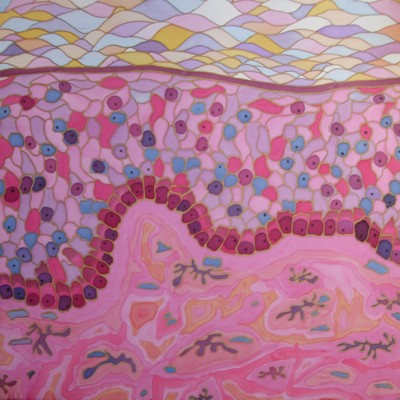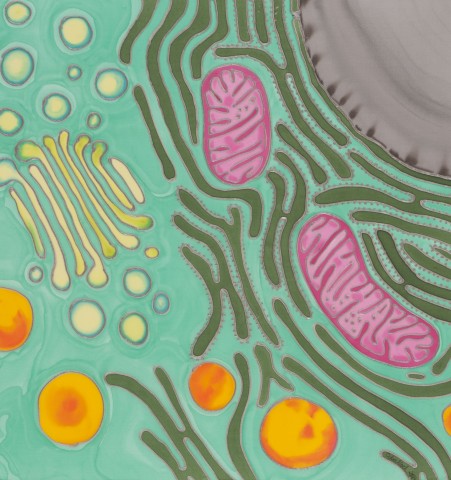 Prof. Antonio Mazzocca
Prof. Antonio Mazzocca
Antonio Mazzocca is a faculty member in the Department of Interdisciplinary Medicine at the University of Bari School of Medicine. Our research focuses on the pathogenic mechanisms of cancer, with a particular focus on liver cancer. We are investigating the pathogenic mechanisms underlying processes that sustain the progression of cancer, such as tumor-stromal interactions, tumor infiltration, and metastatic dissemination. The goal is to elucidate the mechanisms that drive cancer progression, with the ultimate goal of identifying targets for the development of drugs that interfere with the evolution of malignant processes. Finally, we are combining the experimental approach with a theoretical approach aimed at the complex systems, and the evolution to understand the origin and development of cancer.
Office Hours & Location
Students,
Monday – Friday:
10:00 – 11:00 a.m.
Building:
Morgagni 2nd floor,
Policlinico
P.zza Giulio Cesare, 11
70124 Bari
To schedule an appointment, please email antonio.mazzocca@uniba.it
2015-2016 Class schedule grids
See attachment or, please, also visit Uniba
Exam information
Timetables, dates and locations, please visit Piattaforma Esse 3
RECENT Publications
A systemic evolutionary approach to cancer: Hepatocarcinogenesis as a paradigm
2016
The systemic evolutionary theory of cancer pathogenesis posits that cancer is generated by the de-emergence of the eukaryotic cell system and by the re-emergence of its archaea (genetic material and cytoplasm) and prokaryotic (mitochondria) subsystems with an uncoordinated behavior.
Circulating Levels of PAI-1 Are Predictive of Poor Prognosis in HCC Patients Harboring SERPINE1 4G/4G Polymorphism Undergoing TACE
2015
Although several molecular markers have been proposed as prognostic of disease progression in Hepatocellular carcinoma (HCC), predictive markers of response to treatment are still unsatisfactory. Here, we propose a genetic polymorphism as a potential predictive factor of poor prognosis in HCC patients treated with transcatheter arterial chemoembolization (TACE).
Lysophosphatidic Acid Receptor LPAR6 Supports the Tumorigenicity of Hepatocellular Carcinoma
2015
The aberrant processes driving hepatocellular carcinoma (HCC) are not fully understood. Lysophosphatidic acid receptors (LPAR) are commonly overexpressed in HCC, but their contributions to malignant development are not well established. In this report, we show that aberrant expression of LPAR6 sustains tumorigenesis and growth of HCC.


